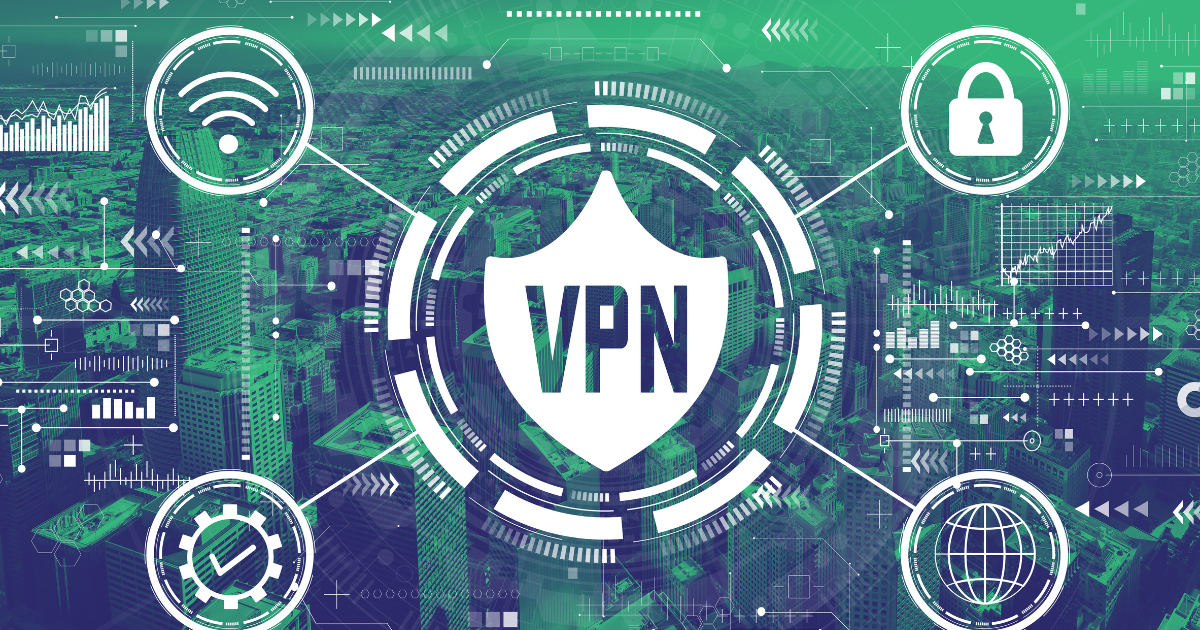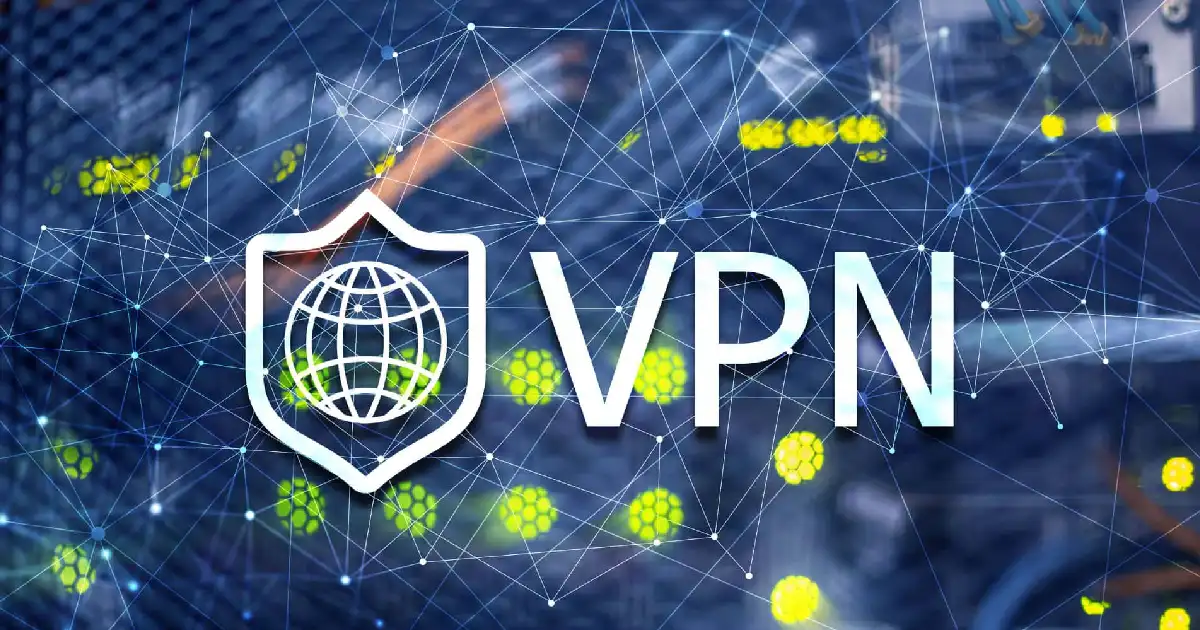In an age where digital privacy and security are paramount, Virtual Private Networks (VPNs) have become indispensable tools for safeguarding online activity. As we delve into 2024, the landscape of VPN technology continues to evolve, offering users new features, enhanced performance, and innovative solutions to protect their digital footprint. In this comprehensive guide, we’ll explore the latest trends and innovations in VPN technology, empowering you to secure your digital world with confidence.
Understanding VPNs: A Primer
Before diving into the latest trends, let’s first establish what a VPN is and how it works. At its core, a VPN is a service that creates a secure, encrypted connection between your device and the internet. By routing your internet traffic through a remote server operated by the VPN provider, a VPN effectively masks your IP address and encrypts your data, making it difficult for third parties to monitor your online activity.
Trend #1: Enhanced Privacy Features
In 2024, privacy-conscious users are demanding more robust privacy features from their VPN providers. Leading VPN services are responding by implementing advanced privacy tools such as:
- Zero-logging Policies: VPN providers are increasingly adopting zero-logging policies, which means they do not collect or store any user activity logs. This ensures that even if compelled by authorities, VPN providers cannot provide detailed records of user activity.
- Multi-Hop VPN Connections: Multi-hop VPN connections, also known as cascading VPNs, route your internet traffic through multiple VPN servers, adding an extra layer of anonymity and security. This makes it even more challenging for adversaries to trace your online activity back to your true IP address.
- Kill Switch Functionality: Kill switch functionality automatically cuts off internet access if the VPN connection drops unexpectedly, preventing your data from being exposed to prying eyes. VPN providers are refining and expanding their kill switch features to ensure maximum protection.
Trend #2: Focus on Performance and Speed
While privacy and security are paramount, VPN users also prioritize performance and speed. Slow connection speeds and latency issues can hinder user experience, especially for activities like streaming, gaming, and video conferencing. To address these concerns, VPN providers are investing in:
- High-Speed Servers: VPN providers are expanding their server networks and optimizing server performance to deliver faster connection speeds and lower latency. This allows users to enjoy seamless browsing, streaming, and downloading experiences without sacrificing privacy.
- Optimized Protocols: VPN protocols play a crucial role in determining connection speed and security. Providers are implementing and refining protocols like WireGuard and IKEv2/IPsec, which offer a balance of speed and security for optimal performance.
- Bandwidth Optimization: VPN providers are implementing bandwidth optimization techniques to minimize the impact of VPN encryption on connection speeds. This ensures that users can enjoy fast and reliable internet access while maintaining privacy and security.
Trend #3: Geo-Unblocking and Access to Restricted Content
One of the primary reasons users turn to VPNs is to bypass geo-restrictions and access content that is otherwise unavailable in their region. In 2024, VPN providers are expanding their capabilities for geo-unblocking and accessing restricted content by:
- Optimized Servers for Streaming: VPN providers are deploying specialized servers optimized for streaming services like Netflix, Hulu, and Disney+. These servers are designed to bypass geo-blocks and deliver fast, reliable streaming experiences to users around the world.
- Dynamic IP Address Rotation: Some VPN providers are implementing dynamic IP address rotation features, which automatically assign users a new IP address at regular intervals. This helps users evade detection by streaming platforms and other services that enforce geo-restrictions.
- Smart DNS Services: In addition to VPNs, providers are offering Smart DNS services, which allow users to access geo-blocked content without encrypting their internet traffic. Smart DNS services are ideal for users who prioritize speed and performance for streaming and gaming.
Trend #4: Integration with Emerging Technologies
As emerging technologies like blockchain, artificial intelligence, and the Internet of Things (IoT) continue to shape the digital landscape, VPN providers are exploring ways to integrate these technologies into their offerings. Some notable developments include:
- Blockchain-based VPNs: Blockchain technology is being leveraged to create decentralized VPN networks that offer enhanced security, privacy, and censorship resistance. Blockchain-based VPNs utilize distributed ledger technology to encrypt and route internet traffic securely.
- AI-driven Threat Detection: VPN providers are integrating artificial intelligence and machine learning algorithms into their services to detect and mitigate cybersecurity threats in real-time. AI-driven threat detection can identify patterns of suspicious behavior and proactively defend against cyber attacks.
- VPN-enabled IoT Devices: With the proliferation of IoT devices, VPN providers are developing solutions to secure connected devices and smart home networks. VPN-enabled routers and IoT devices encrypt internet traffic at the network level, protecting sensitive data from interception and exploitation.
Trend #5: Mobile and Cross-Platform Support
In an increasingly mobile-centric world, VPN providers are prioritizing mobile compatibility and cross-platform support to cater to users who rely on smartphones and tablets for their internet connectivity. Key developments in this area include:
- Dedicated Mobile Apps: VPN providers are enhancing their mobile apps with intuitive interfaces, advanced features, and optimized performance for seamless browsing and streaming on smartphones and tablets.
- Multi-Device Support: Users expect VPN services to offer multi-device support, allowing them to protect all their devices with a single subscription. Leading VPN providers are expanding their offerings to support a wide range of devices, including smartphones, tablets, laptops, desktops, and even smart TVs.
- Browser Extensions: VPN providers are developing browser extensions for popular web browsers like Chrome, Firefox, and Safari, enabling users to encrypt their internet traffic and bypass geo-restrictions directly from their browser.
Conclusion: Embracing the Future of VPNs
As we navigate an increasingly complex digital landscape, VPNs remain essential tools for safeguarding privacy, enhancing security, and accessing restricted content online. In 2024, the latest trends and innovations in VPN technology are empowering users with greater privacy, faster performance, and enhanced accessibility than ever before.
Whether you’re a privacy-conscious individual, a remote worker, or a global traveler, staying informed about the latest developments in VPN technology will help you make informed decisions and choose the right VPN solution to secure your digital world. By embracing the future of VPNs, you can enjoy peace of mind knowing that your online activities are protected from prying eyes and cyber threats.




